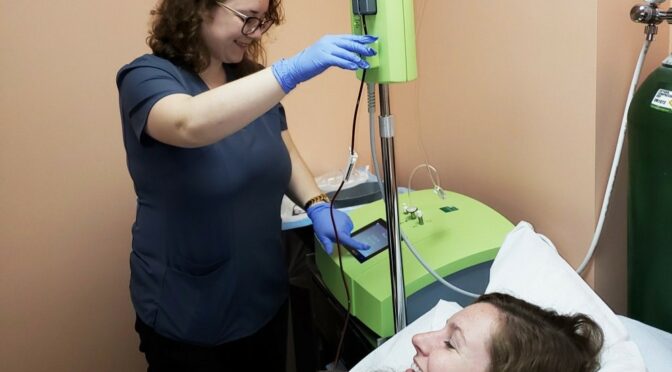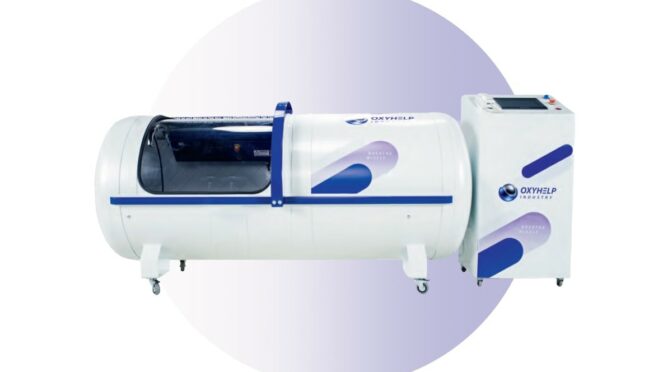Neurotherapy, also known as biofeedback, is a form of alternative therapy that provides insight to therapists as to why a patient may be experiencing clinical symptoms. The therapist will use Electroencephalography (EEG) to record real-time brain activity while a patient is doing an activity, and then they will use the information to determine why symptoms may be occurring. The therapist will place sensors on the patient’s head and review the brain activity before creating a treatment plan.
Neurotherapy is beneficial to individuals who might be experiencing symptoms of depression, anxiety, obsessive-compulsive disorder, attention deficit disorders, etc. It can also be beneficial to those with learning disorders, epilepsy, those who have experienced brain injuries and more. Neurotherapy is available to patients of all ages. This form of therapy is good for those who don’t respond well to traditional forms of treatments or who prefer not to use prescription pills. It’s also more cost-effective and allows the patient to make a mind-body connection by exploring the ways in which the mind can heal the body, and vice versa. This treatment allows a patient to understand how the dysfunctions within their brain contribute to physical symptoms they are experiencing.
A benefit of Neurotherapy is that it increases healthy brain function. Through the use of the EEG, the therapist can provide feedback to the patient on how their brain is functioning during different states. The therapist and patient can work together to understand why physical symptoms may be occurring due to the neurophysiological experience the patient is having. They get to examine the arousal levels in the patient and link them to physical situations. The therapist can then create a training program to target those underlying physiological factors to alleviate symptoms. Neurotherapy can also improve cognition, reduce stress and regulate brain function. Neurotherapy can be used with other treatment forms.



